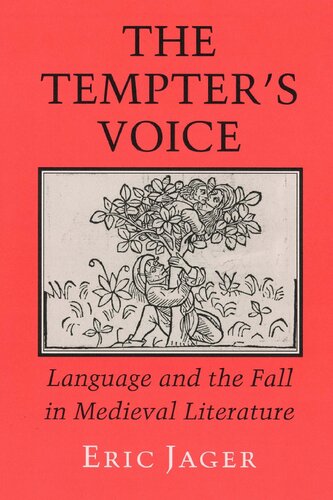

Most ebook files are in PDF format, so you can easily read them using various software such as Foxit Reader or directly on the Google Chrome browser.
Some ebook files are released by publishers in other formats such as .awz, .mobi, .epub, .fb2, etc. You may need to install specific software to read these formats on mobile/PC, such as Calibre.
Please read the tutorial at this link: https://ebookbell.com/faq
We offer FREE conversion to the popular formats you request; however, this may take some time. Therefore, right after payment, please email us, and we will try to provide the service as quickly as possible.
For some exceptional file formats or broken links (if any), please refrain from opening any disputes. Instead, email us first, and we will try to assist within a maximum of 6 hours.
EbookBell Team

4.7
46 reviewsWhy was the story of Adam, Eve, and the Serpent so important to medieval literary culture? Eric Jager argues that during the Middle Ages the story of the Fall was incorporated into a comprehensive myth about language. Drawing on a wide range of texts, Jager shows how patristic and medieval authors used the Fall to confront practical and theoretical problems in many areas of life and thought―including education, hermeneutics, rhetoric, feudal politics, and gender relations. Jager explores the Fall's meaning for clergy and laity, nobles and commoners, men and women.
Among the works Jager discusses are texts by Ambrose, Augustine, the early Christian poet Avitus, and scholastic authors; Old English biblical epics; Middle English spiritual writings; French courtesy books; and the poetry of Dante and Chaucer. Examples from the visual arts are included as well. Jager links medieval interpretations of the Fall to underlying cultural anxieties about the ambiguity of the sign, the instability of oral tradition, the pleasure of the text, and the many rhetorical guises of the tempter's voice. He also assesses the modern and postmodern legacy of the Fall, showing how this myth continues to embody central ideas concerning language.
The Tempter's Voice will be essential reading for scholars and students in such fields as medieval studies, literary theory, gender theory, comparative literature, cultural history, and the history of religion.